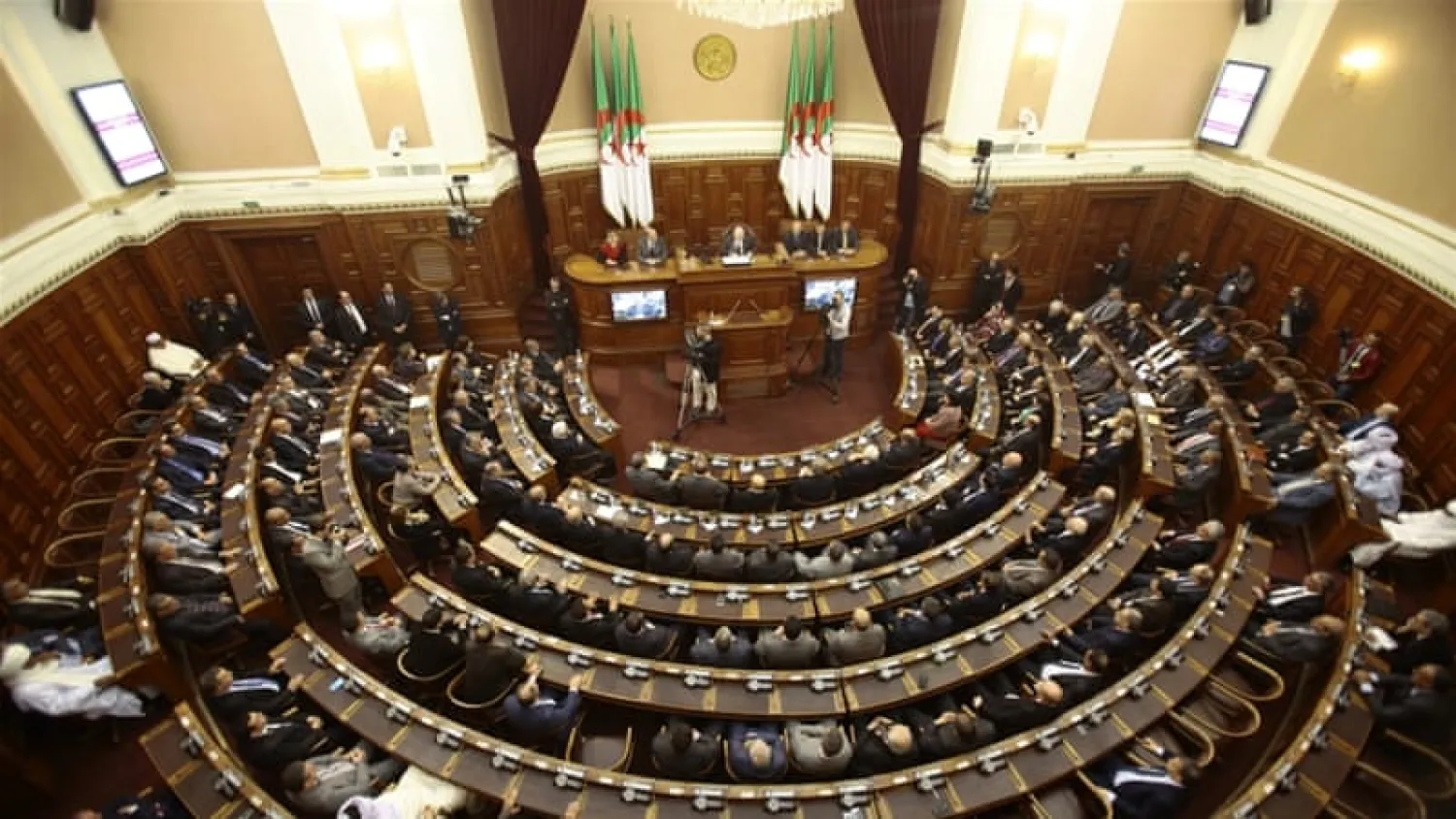The Justice and Development Front in Algeria objected to the recent draft amendments to the constitution following controversial comments by the head of the amendments committee who said the constitution should address “citizens and not believers.”
President of the Islamist Front Abdullah Jaballah said the committee is ignorant when it comes to Islamic beliefs and practices. He indicated that the committee believes citizenship is a notion that contradicts Islamic beliefs, which is not true.
Jaballah asserted that citizenship includes the rights acquired by an individual as a member of a state. He recalled that citizenship was defined early on during the establishment of the Islamic state, adding that the basis for this concept is loyalty to the state itself regardless of the person’s religion, race, or color.
He added that the Islamic state was founded on the principles of justice and equality which was ahead of anything established by the Western political thought.
In January, President Abdelmadjid Tebboune tasked Ahmed Laraba, member of the UN International Law Commission, with heading an expert panel to draw up proposals for amending the constitution.
Laraba said in a recent statement to a local newspaper that Algeria’s constitution should address all citizens and not believers. He also caused controversy by addressing articles in the constitution which declares “Islam is the religion of the state” and “Amazigh is a national and official language.”
Laraba, who Islamists believe is affiliated with the “anti-Arab and francophone current,” announced that the “elements of identity can be removed from the constitution,” meaning the citizen is Algerian, not Arab, Amazigh, or Muslim.
“Our society is not ready for this concept of citizenship, and therefore we need to address this issue gradually,” leading to the removal of such identity components from the constitution in the future, he added.
Meanwhile, head of Movement of Society for Peace Abdelkader Bengrina said that Laraba’s statement was “shocking,” saying it is neither neutral, nor objective.
Bengrina, who ran for presidential elections last year, urged Tebboune to address the issue and call for a national dialogue that protects the achievements of the Hirak movement.









